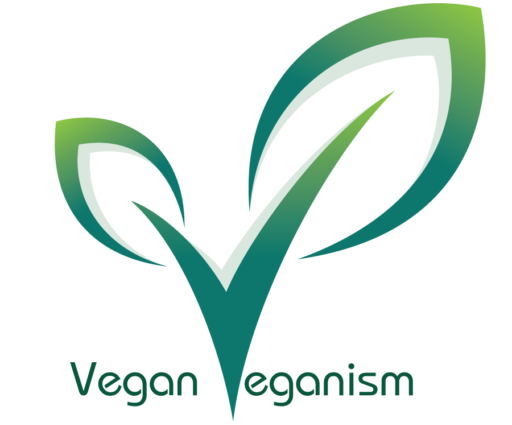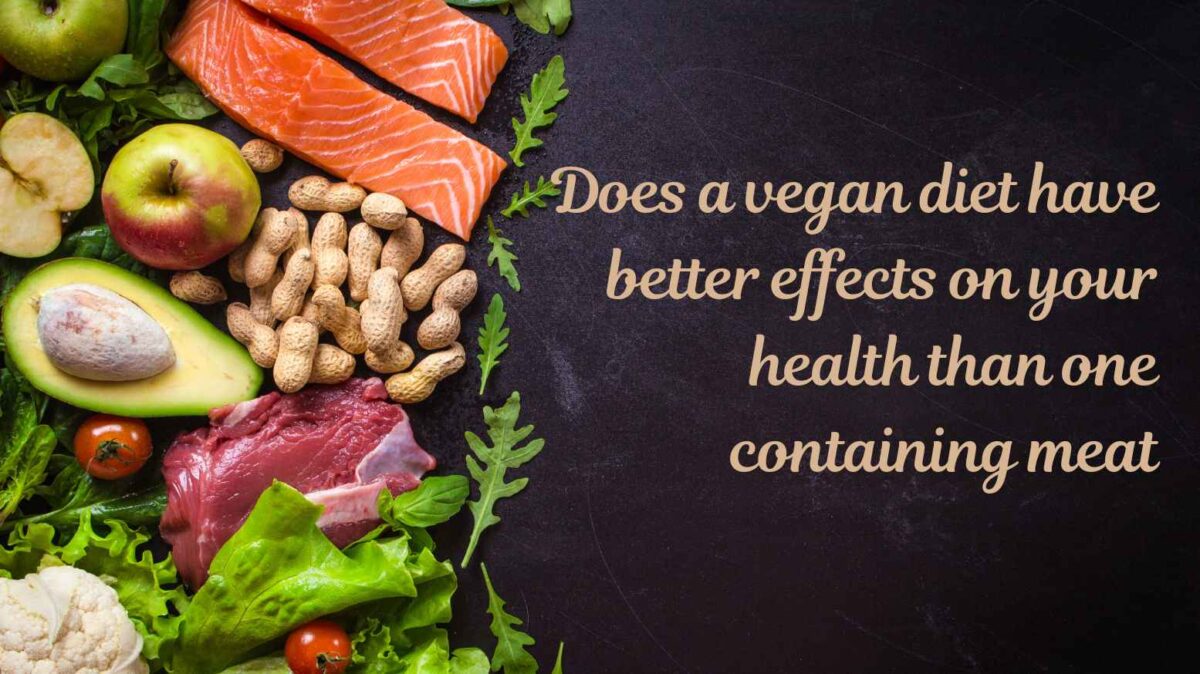A plant-based or vegetarian diet can be chosen for several reasons, such as environmental awareness and ethical concerns over the treatment of animals. Beyond these justifications, a plant-based lifestyle is becoming more and more popular due to its possible health advantages.
For many years, compared to diets containing meat and other animal products, vegetarian diets have been linked to decreased rates of heart disease, Type 2 diabetes, and specific malignancies. This begs the important question: Is there a real health benefit to a vegan diet over a meat-based one? In this piece, we examine the scientific data and discuss the possible advantages and difficulties of both dietary options.
What is the scientific investigation for a vegan diet to have better effects on your health?
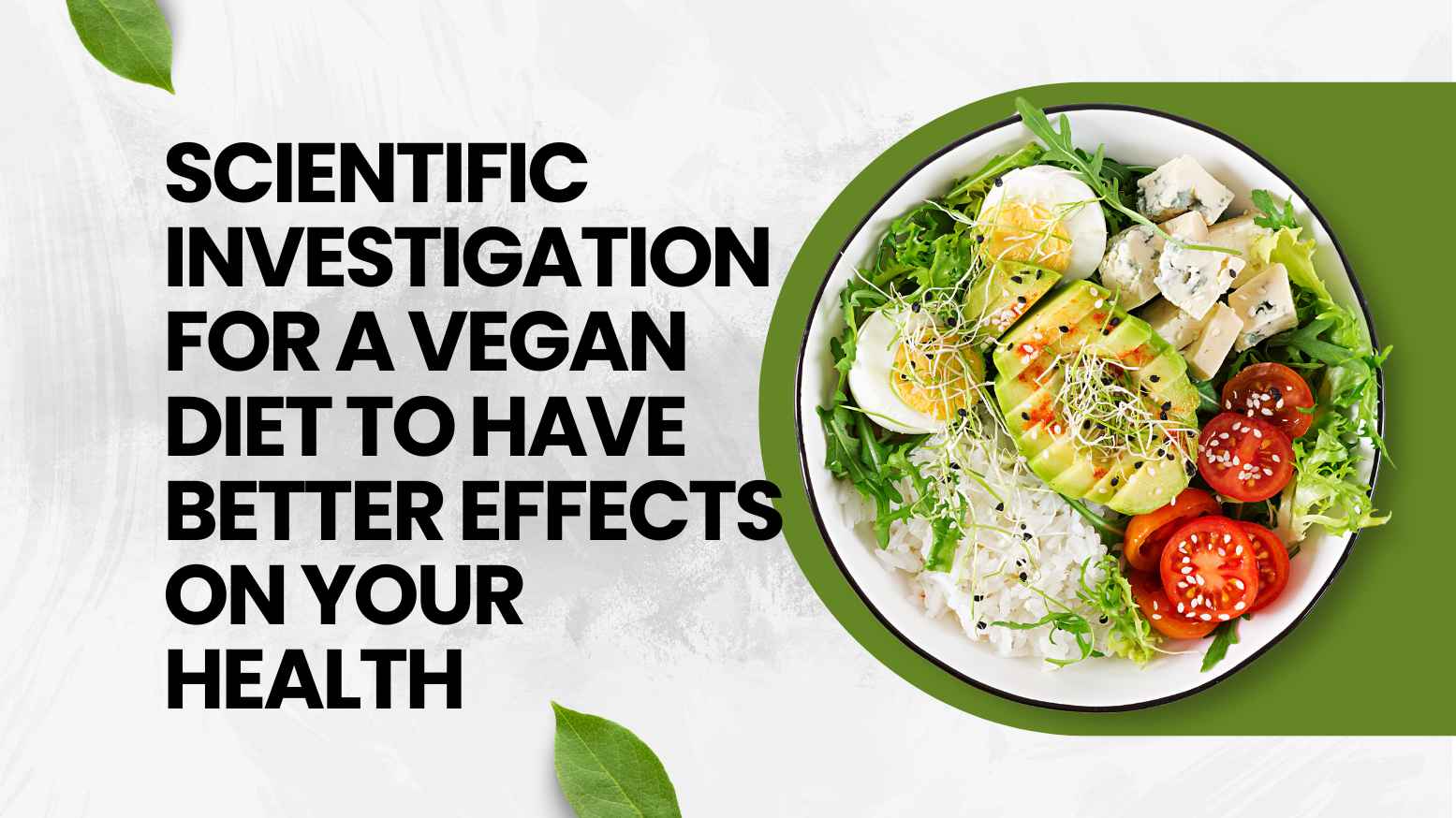
To clarify the nuances around the health effects of veganism, a study that examined the eating patterns of about 50,000 people over two decades was carried out. This extensive study sought to determine the possible hazards of strokes and other health problems with a focus on people who ate a plant-based, vegetarian diet.
The investigation also covered a range of stroke kinds, providing insight into the general health effects of a vegan way of life.
What are the potential benefits of a vegan diet?
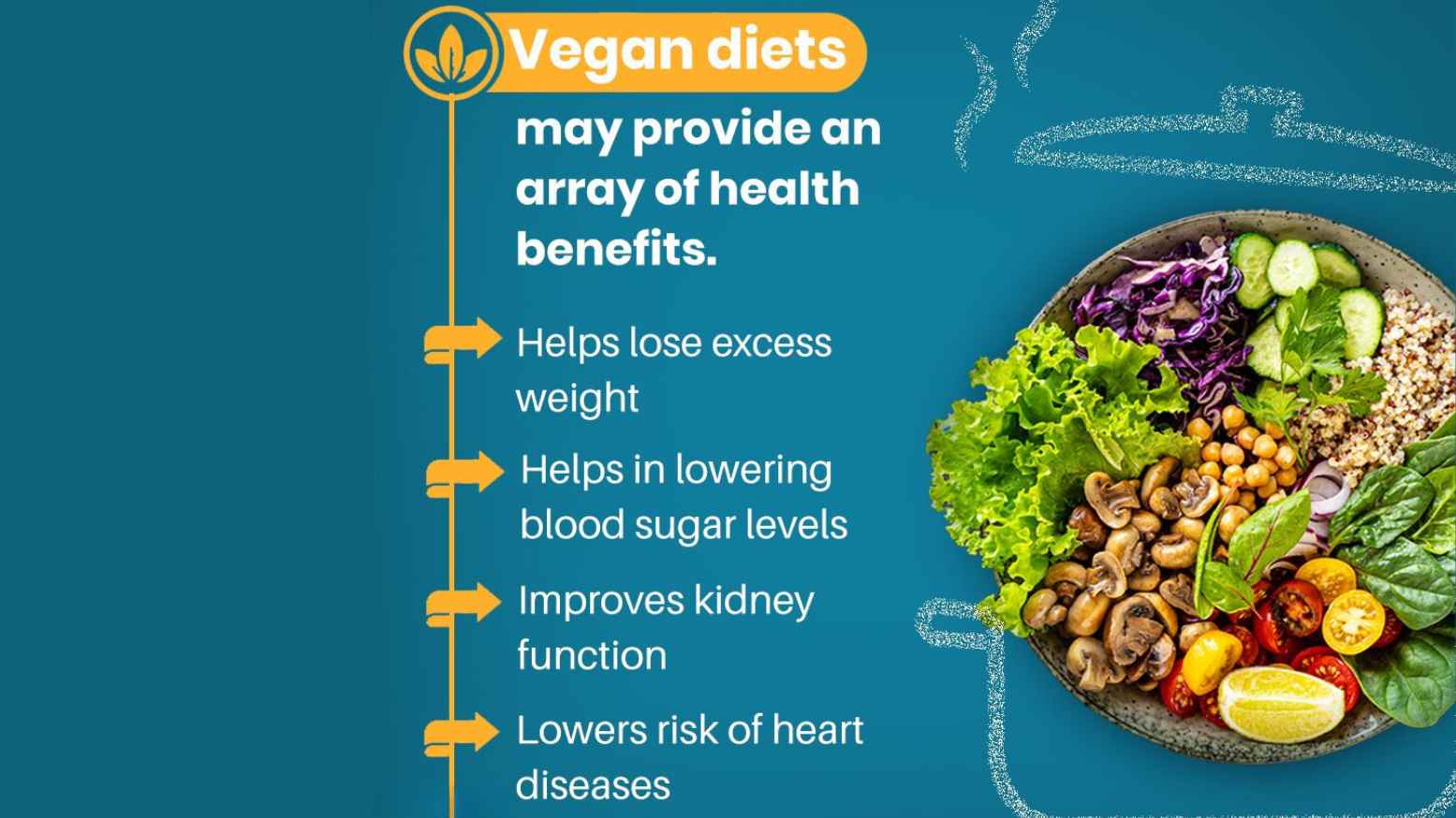
Reduced Intake of Saturated Fats
Vegan diets are generally linked to a reduced intake of saturated fats, which are frequently connected to an elevated risk of heart disease. Vegans inherently consume less saturated fat since they abstain from animal products.
Increased Fiber Consumption
Because vegan diets have a strong emphasis on plant-based meals, there is a larger intake of dietary fiber. It has been demonstrated that fiber lowers the risk of type 2 diabetes by regulating blood sugar levels and providing protection against heart disease.
Increased Fruit and Vegetable Intake
Vegan diets promote a wide variety of fruits and vegetables that are high in vitamins, minerals, and antioxidants. These nutrient-dense foods support good health in general and may offer some cancer prevention.
Reduced Calorie and Fat Content
Diets based mostly on plants typically have lower calorie and fat content than diets using animal products. This feature makes going vegan enticing for people who want to control their weight.
Individual Food Selections and Portion Sizes
Although a vegan diet may naturally aid in weight loss, individual choices about food selections and portion sizes are still very important. Overindulging in quantities or sticking to processed vegan substitutes that are heavy in fats and carbohydrates can still lead to weight-related issues.
Fiber-Rich Diet
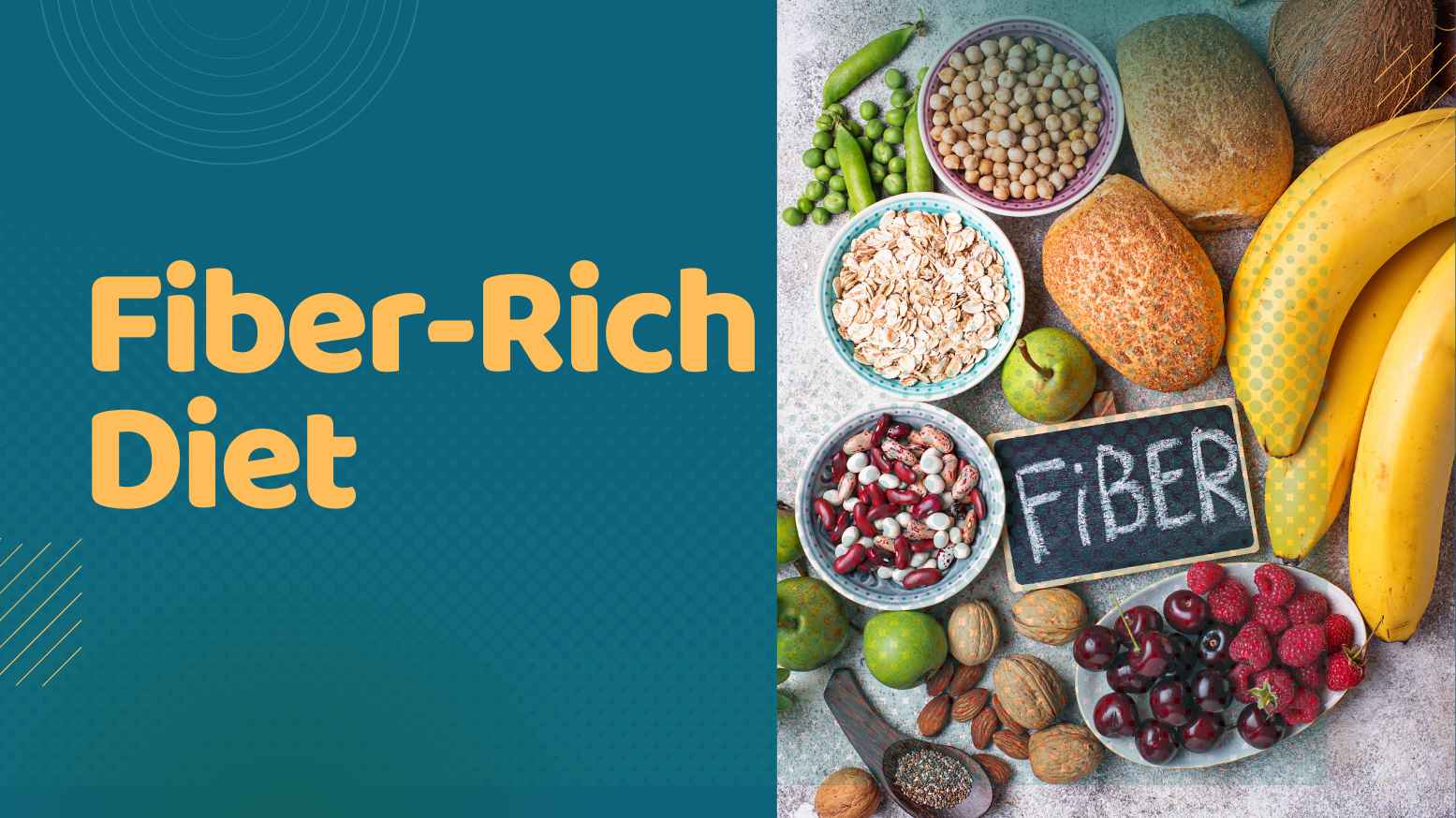
Diets based on plants are inherently high in fiber, which is a prebiotic—a material that feeds good bacteria in the stomach. This encourages a flourishing and diversified gut microbiota.
Enhanced Immunity
Better immune performance is associated with a healthy gut flora. Vegan diets may help build up healthy microorganisms, which in turn may strengthen the immune system.
General Well-Being
The basis for general well-being is laid by the interaction of a diet high in fiber, a thriving gut flora, and an improved immune. People who eat a vegan diet may benefit from improved digestive health as well as improved overall health and vigor.
In conclusion, it is difficult to say for sure if a vegan diet is healthier than one that includes meat. There are many health advantages to a well-planned vegan diet, but ensuring that you get the nutrients you need calls for careful planning.
On the other hand, a well-balanced omnivorous diet high in whole grains, fruits, and vegetables can also be beneficial to health. The “better” diet ultimately comes down to personal needs, tastes, and the capacity to stick to a sustainable, balanced plan.
You may also like:
- Why did you go vegan
- Why do so many vegans quit being vegans
- Why do vegans eat mock meat-looking foods
FAQs
1. Is a vegan diet automatically healthier than a meat-based diet?
No, both vegan and meat-based diets can be healthy or unhealthy depending on the quality and variety of foods chosen. Individual needs, preferences, and lifestyles also play a crucial role.
2. What are the main health benefits of a vegan diet?
Reduced saturated fat intake, increased fiber and fruit/vegetable intake, potentially lower calorie and fat content, and a fiber-rich diet promoting gut health and immunity are some potential benefits.
3. How can I avoid nutrient deficiencies on a vegan diet?
Planning your meals, including fortified foods, and potentially taking supplements (consult a healthcare professional) can help ensure you get enough Vitamin B12, iron, calcium, and omega-3 fatty acids.
4. Isn’t it difficult to socialize as a vegan?
With increasing awareness and options, navigating social gatherings as a vegan is becoming easier. Open communication and planning ahead can help you enjoy social events while sticking to your dietary choices.
5. Are processed vegan foods healthy?
While convenient, processed vegan options can be high in fat and sugar. opt for whole, unprocessed plant-based foods whenever possible for optimal health benefits.
6. Should I consult a healthcare professional before going vegan?
Yes, especially if you have any existing health conditions or concerns. They can offer personalized guidance on nutrient needs, meal planning, and potential challenges to ensure a smooth transition and optimal health on a vegan diet.
